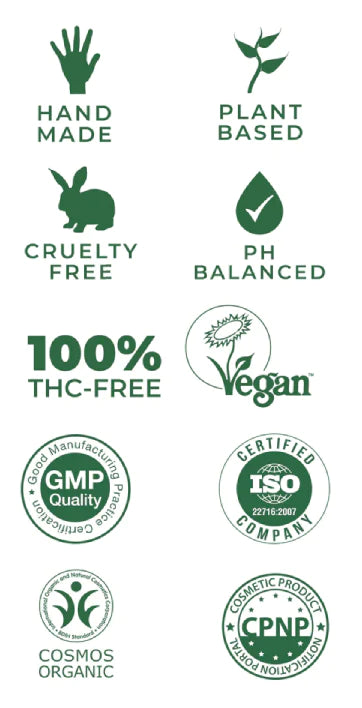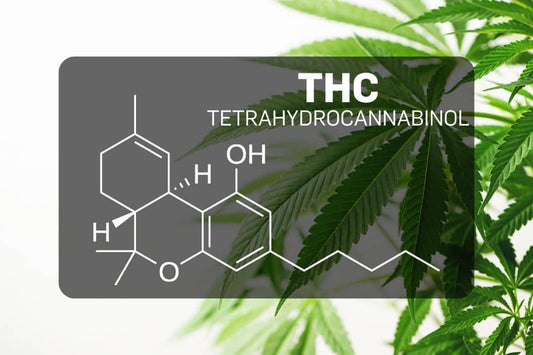Certified Organic & Vegan
As Seen In

Premium Products from Switzerland Since 2013
Our organically farmed hemp plant strains have a natural, very high level of CBD and a full spectrum of cannabinoids grown outside and in greenhouses in Switzerland following organic principles, Good Manufacturing Practices (GMP), and the ISO 22716-2007 standard.
Our CBD products are of the highest quality and extracted from organically farmed hemp from Switzerland by our proprietary supercritical CO2 extraction, refinement, and decarboxylation processes.
Our production method guarantees a naturally high concentration of CBD and preserves a full spectrum of cannabinoids, terpenes, flavonoids, nutrients, and antioxidants for optimal results in humans and animals.
Each production is thoroughly tested, analysed, and documented in Switzerland.
Why Choose Formula Swiss?
-

100% Legal
Read More About Novel FoodCBD is legal because it falls under the Novel Food Regulations. These regulations allow for ingredients not commonly used to be included in a product as long as they are shown to be safe.
-

Fast Global Delivery
See Our Shipping OptionsWe deliver globally within 2-5 days for €14.95 and for free for orders above €100, including all customs and duty fees in Europe. We cover all customs and duties costs. All others are insured and sent with Track & Trace.
-

Satisfied Customers Since 2013
See Our Customer Reviews on TrustPilotSince 2013, we have served thousands of customers in more than 60 countries. We have more than 500 reviews on TrustPilot.
-

Highest Quality from Switzerland
See Our Quality StandardsWe consistently produce products with the optimal cannabinoid profile and terpene content levels by following Good Manufacturing Practices (GMP) and the ISO 22716 standard and verifying results in third-party laboratories in Switzerland.
-

Certified Organic & Vegan
See Organic CertificationSince 2013, we have produced organic health, cosmetics, and nutritional products of the highest quality with documented results to customers in more than 60 countries.
-

Secure Payment
See Payment OptionsWe offer payment with VISA, MasterCard, and local payment options. In addition, all payment options are securely encrypted.

We Support CBD Research
We have a research collaboration with the University of Bologna and their Department of Veterinary Medical Sciences for a range of studies on the effect of cannabidiol (CBD) in animals, starting with cats, dogs, and horses.
The objective is to increase the understanding of the effect of CBD in animals to continue to improve our product development.

Partner With Us
Our products are sold by pharmacies, retailers, distributors, wholesalers, and e-commerce partners in more than 60 countries.
If you are interested in partnering with us, then read more about our wholesale, drop-shipping, influencer, and affiliate programs, and contact us.








































